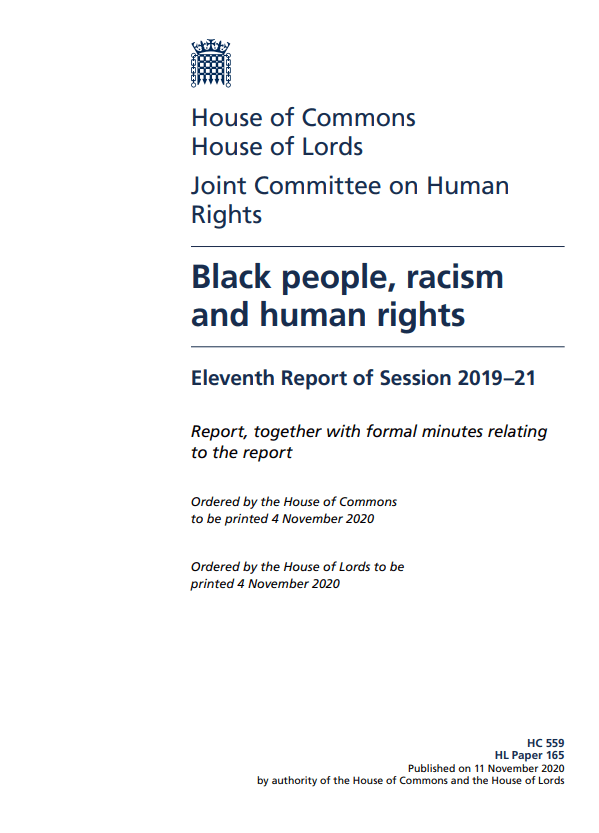
The headline finding from the polling was that the majority (over 75%) of Black people in the UK do not believe their human rights are equally protected compared to white people. Some of the reasons for this were explored in more depth in the interviews and reasons such as unequal treatment in education, employment and crime were raised.
While the majority of both men and women do not believe their human rights are equally protected compared to white people in the UK this is felt far more strongly by women. Over 82% of women disagreed that their human rights are equally protected, compared with 69% of men. is differential between men and women’s views was evident in relation to all the issues covered in the polling; also arising in the context of views about the police and the NHS. Women felt that their rights were less protected in all domains.
Other key findings from the polling were:
• Over 60% of Black people in the UK do not believe their health is as equally protected by the NHS compared to white people. Women (78%) are substantially more likely than men (47%) to not believe that their health is equally protected by the NHS compared to white people.
• The vast majority (85%) of Black people in the UK are not confident that they would be treated the same as a white person by the police. Black women (91%) are more likely than Black men (77%) not to feel they would be treated the same as a white person by the police.
a. When asked what actions they think could have a positive impact on how the human rights of Black people are protected, the top three actions selected by Black people were;
i) More Black leaders in decision-making roles;
ii) More equal education [opportunities] for Black people; and
iii) People from outside of the Black community challenging unacceptable violations of Black people’s human rights.
Related Resources: